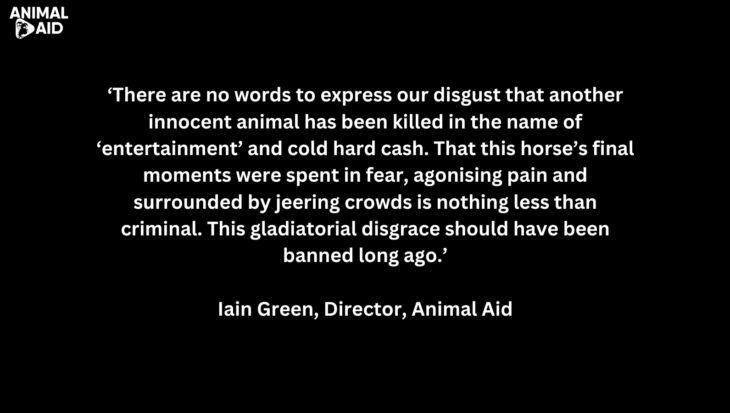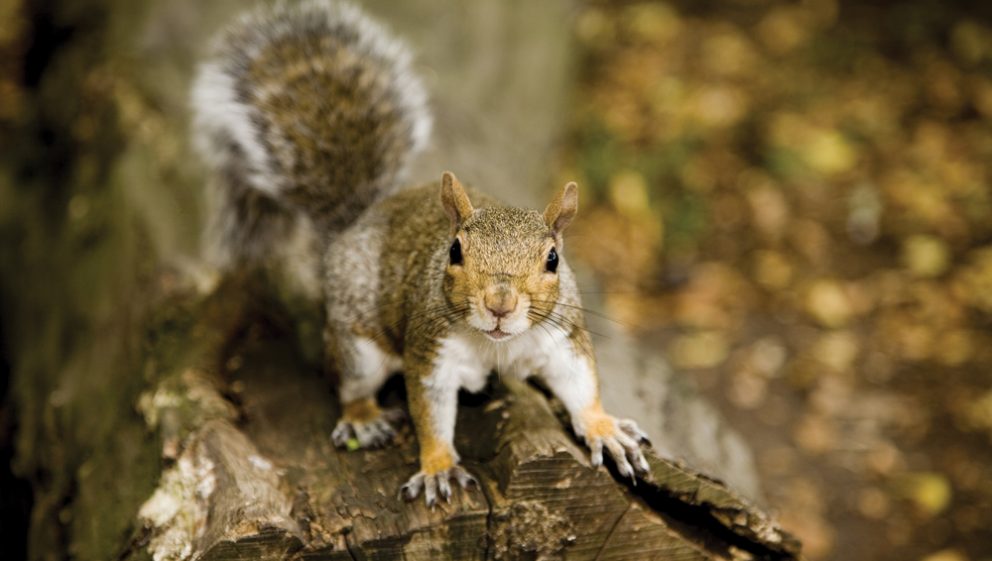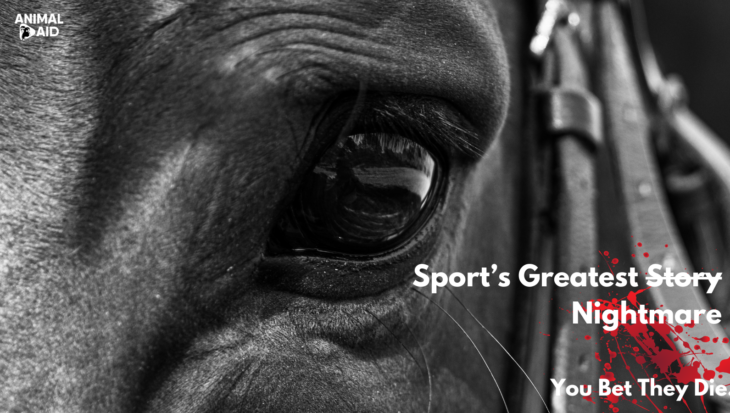Animal Aid’s newly released factfile – The True History of the Grey Squirrel in Britain – debunks these common misconceptions about the grey squirrel and instead provides the facts. These beguiling animals have been subjected to multiple attempted culls – and they continue to be shot, trapped, poisoned and bludgeoned, with the financial support and backing of governments. From the long history of killing has emerged one clear lesson: culling is not effective in controlling numbers. After scores of culls, grey squirrel populations are more widespread than ever before.
Some may have you believe that greys need culling because they cause environmental damage – mainly to trees. Blaming squirrels for damage to trees – particularly ancient woodland – is another brazen attempt to offload blame from people on to a vulnerable animal. Since the end of World War II, 50 per cent of British ancient woodland has been destroyed, with acre upon more acres set to be decimated for forthcoming road expansions and railway schemes.
It is often said that the grey squirrel is responsible for the massive decline in the red squirrel population throughout Britain. However, as is so often the case, people are largely to blame. In the 18th and 19th centuries, reds were, as the greys are today, labelled ‘pests’ and subsequently slaughtered in their thousands. A series of harsh winters and disease epidemics further depleted the red population throughout the country. A 2008 report by Bristol University’s School of Biological Sciences, entitled Is the culling of grey squirrels a viable tactic to conserve red squirrel populations?, concluded that culling only leads to further problems, such as an increased localised density. In addition, the report stated that, although it is widely argued that culling grey squirrels is the best way of conserving reds, there is little evidence to support this.
However, for those people who do wish to deter squirrels and other wildlife from in and around their homes, Animal Aid has free advice sheets describing humane methods of deterrence.


